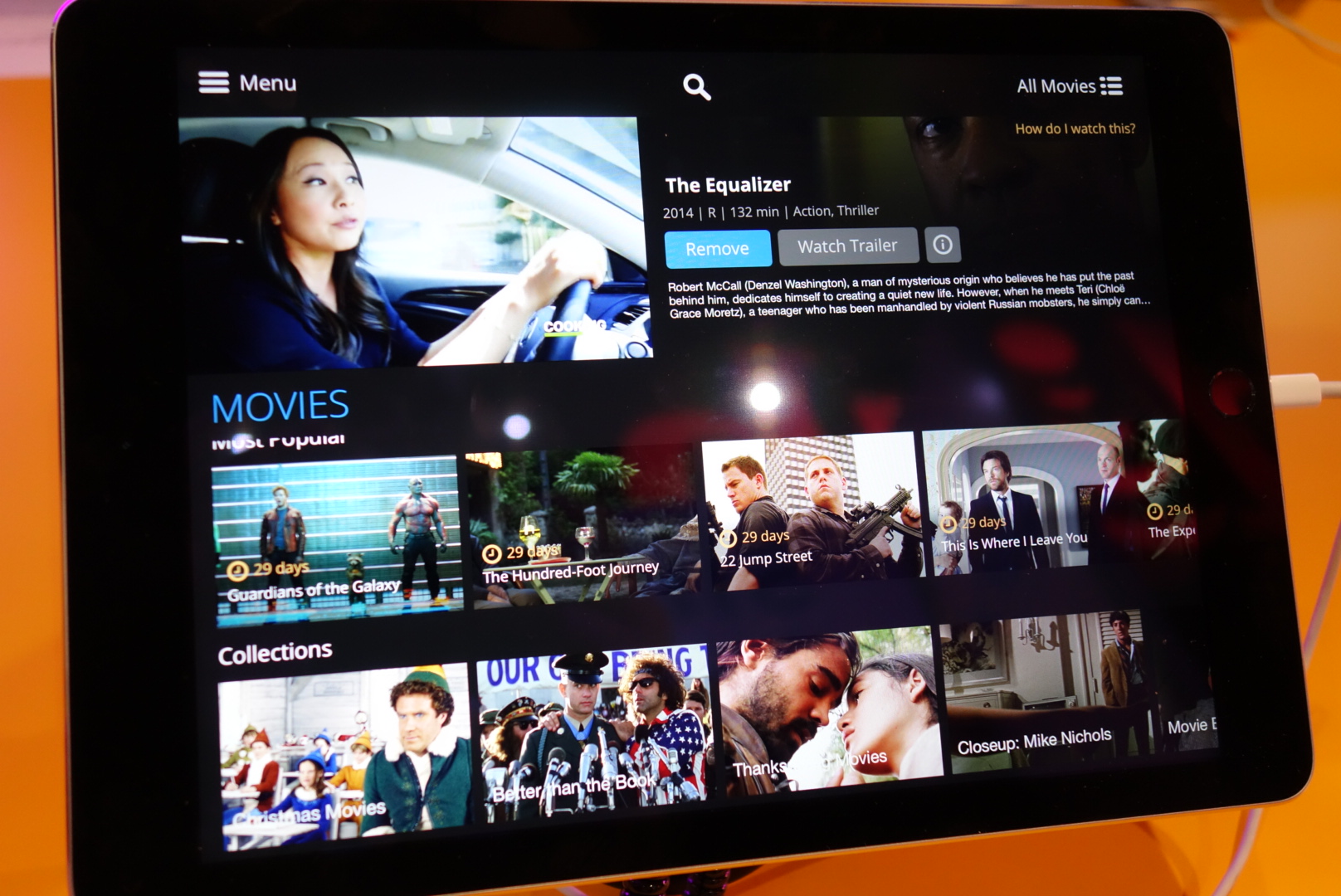Comcast Not Afraid Of Streaming Services; Won’t Commit To Playing Nice With Them

Comcast can not currently make deals with broadcasters to keep their content off competing online video services like Sling, but that restriction expires in 2018 and the company won’t publicly commit to continuing this prohibition.
According to Multichannel.com, Comcast CFO Michael Angelakis recently told the audience at the Morgan Stanley Technology, Media & Telecom Conference in San Francisco that the company isn’t worried about services like Sling, or the upcoming HBO Now, or Sony’s currently unnamed over-the-top offering because they are still in the “embryonic” stage, and that while they might individually be less expensive than a cable package, the savings don’t hold up when you begin to combine them to replicate the pay-TV experience.
“Some of these tend to be pretty expensive and when you add them all up they can probably outstrip the value of some off our core services when you add it with broadband,” he explains. “We have thought about more flexible packaging, more streaming and lighter packages in order to provide those alternatives and those choices to our customers. We have to evolve and we have to pivot appropriately and I think we will do that.”
But will Comcast, as Dish contends, use its position as the largest single pay-TV and broadband provider in the U.S. to prevent TV networks from making their content available to online competitors?
As we pointed out in the earlier story, conditions [PDF] placed by regulators on the 2011 merger of Comcast and NBC explicitly prohibit the company from making deals that “discriminate against, retaliate against or punish” online video services, and Comcast’s most recent compliance report [PDF] indicates that the company has behaved itself.
However, these conditions expire in 2018. Meaning that Comcast could, in the not very distant future, make deals with broadcasters that give them access to the company’s 22 million TV subscribers (and more than 30 million if the Time Warner Cable merger is approved) in exchange for not making their content available to over-the-top competitors.
We asked Comcast’s VP of Government Communications Sena Fitzmaurice if the the company was willing to commit to not making the sort of deal described by Dish after the merger conditions expire in 2018.
“We aren’t going to negotiate deal conditions in the press,” explained Fitzmaurice.
In response, we pointed out that our question was not in regard to conditions that may be put on the pending TWC merger, but whether Comcast had any intention of using its leverage after the existing conditions expire in 2018.
“Dish makes it seem like the conditions today don’t exist,” answered Fitzmaurice. “They do… Dish completely ignores them.”
Consumerist reached out to Dish for comment on the statements made by Fitzmaurice, but a rep for the satellite company would only point us to Dish’s Dec. 2014 filing with the FCC regarding the Comcast/TWC merger.
Want more consumer news? Visit our parent organization, Consumer Reports, for the latest on scams, recalls, and other consumer issues.

